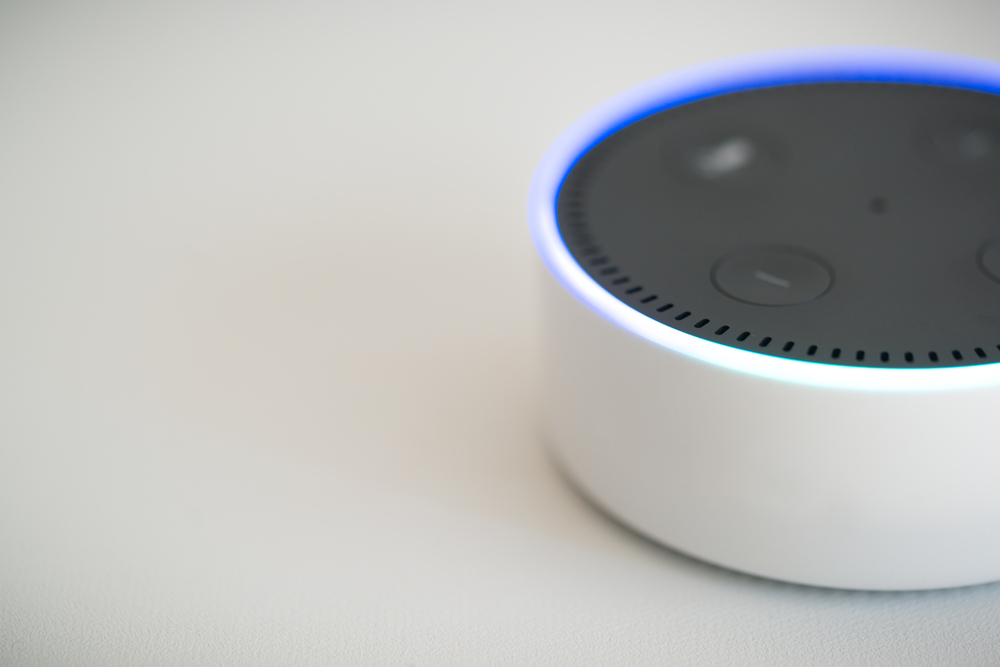The litigation involved voice command and bar code scanning technology that Amazon had promoted in connection with online shopping at Whole Foods.
Articles Tagged with amazon
Tech industry groups argue that the law violates the Constitution by exposing social media companies to potential fines and lawsuits based on their application of content moderation rules.
The National Labor Relations Board rejected efforts by the corporate giant to postpone an election or prevent employees from voting remotely, which echoed Amazon's previous attempts to hinder unionization at its facilities.
A federal judge found that the social network had not provided adequate evidence to support its complaint of antitrust and other business violations by hosting provider Amazon Web Services.
Filed in a federal district court in New York, the lawsuit claims that the e-commerce company is working with publishers to stifle the competition.
This decision could guide many other courts across the U.S. in determining whether strict liability as a retailer or distributor should apply to online marketplaces like Amazon.
YETI is the latest company to join Amazon's crackdown on counterfeiters with a joint lawsuit filed in the United States District Court the Western District of Washington.
The federal appeals court allowed the FCC to continue giving internet service providers substantial discretion to control the way in which consumers access the internet.
Last week, a New Hampshire judge ordered Amazon to turn over an Echo smart speaker’s recordings that may have captured key evidence in a double homicide that occurred last year in Farmington. Investigators believe that the recordings may provide information that could help convict the murderer. The question arises: how much data can tech companies collect, store, and use, and what does that mean for privacy?
In one of the most highly anticipated decisions of the term, the US Supreme Court held today that states may require sellers who have no physical presence within the state to collect and remit sales taxes on goods sold to buyers in the state. Justice Anthony Kennedy wrote the opinion for the majority, and Justices Clarence Thomas, Ruth Bader Ginsburg, Samuel Alito, and Neil Gorsuch joined. The decision overrules two prior cases in which the Court established and upheld the so-called "physical-presence rule" for sales tax, citing drastic changes in the reality of shopping and commerce.










